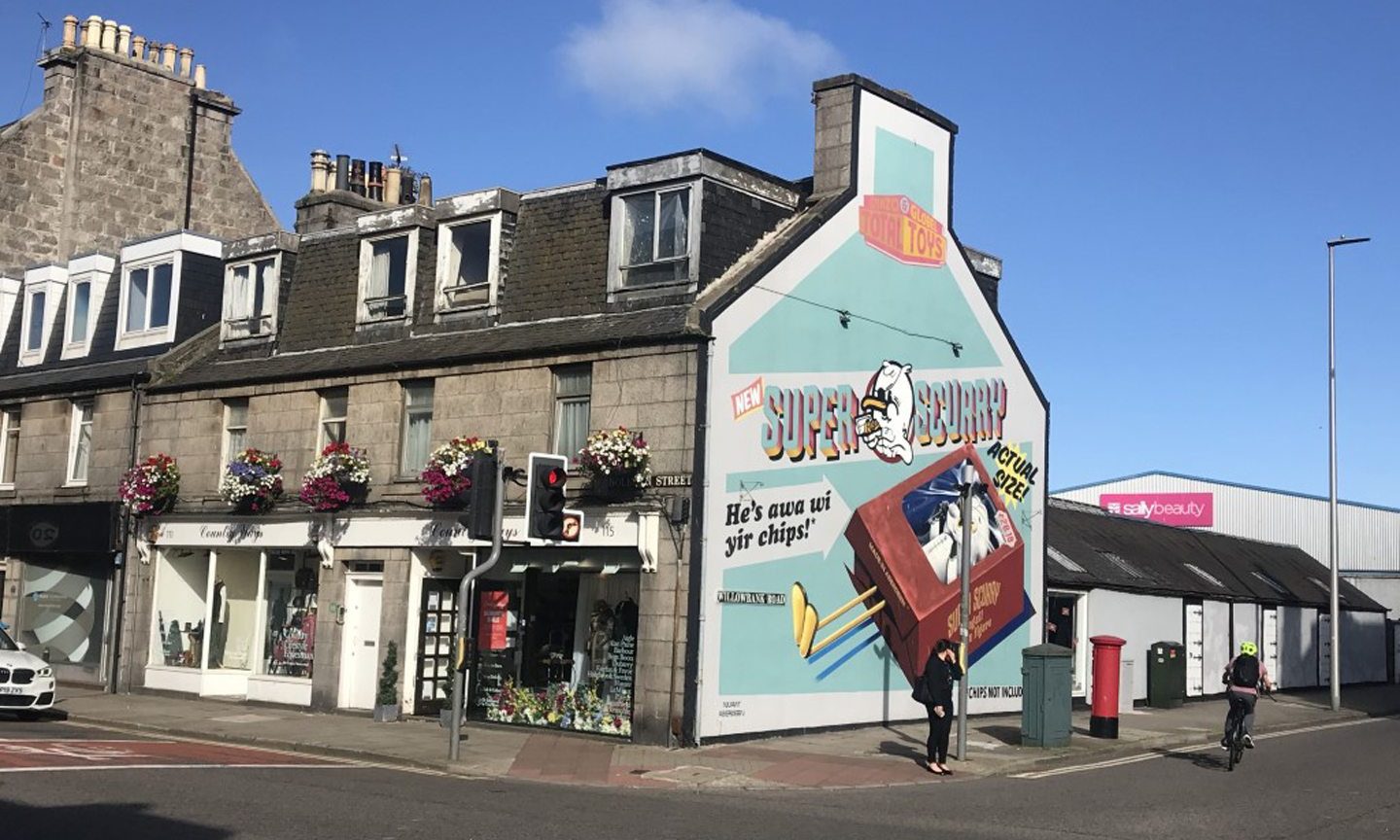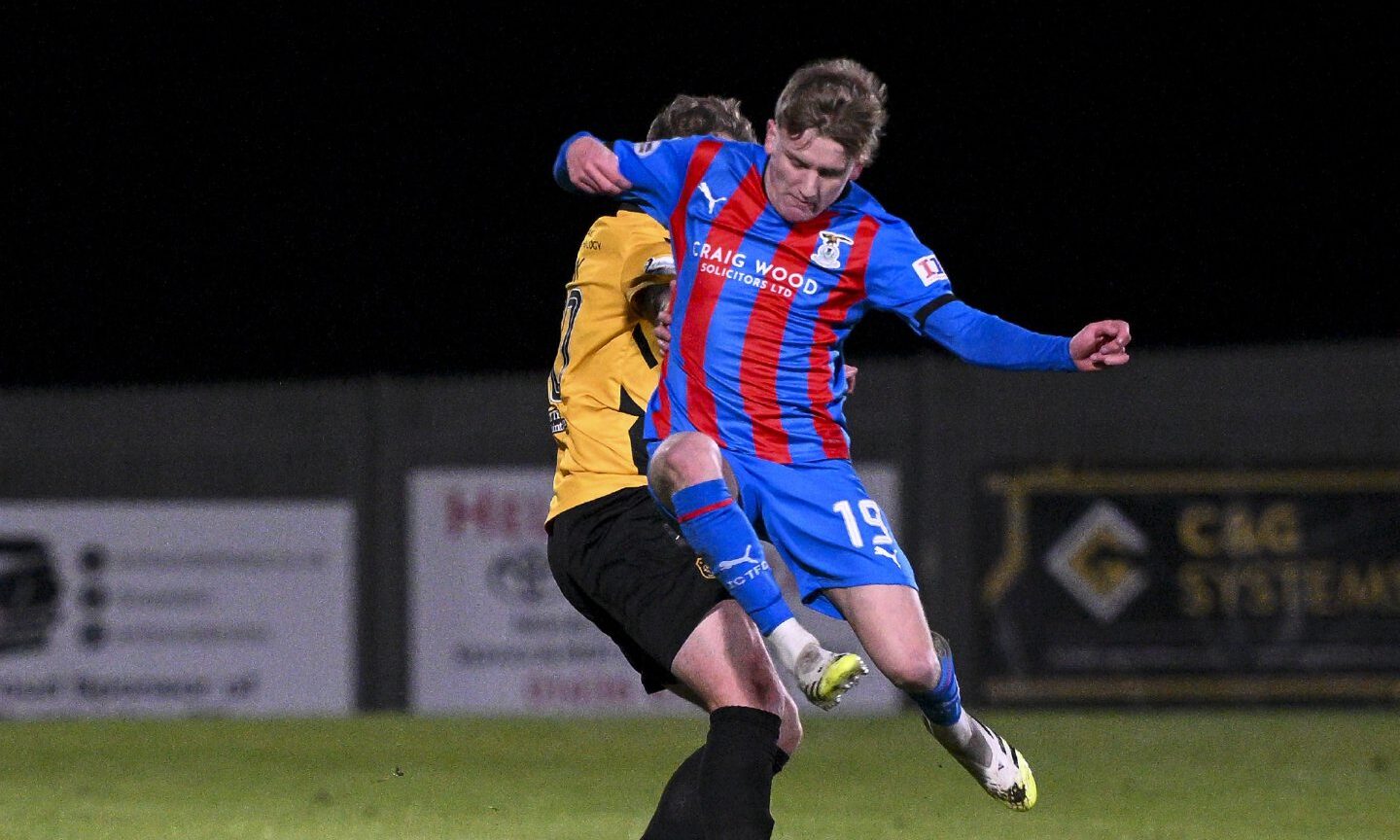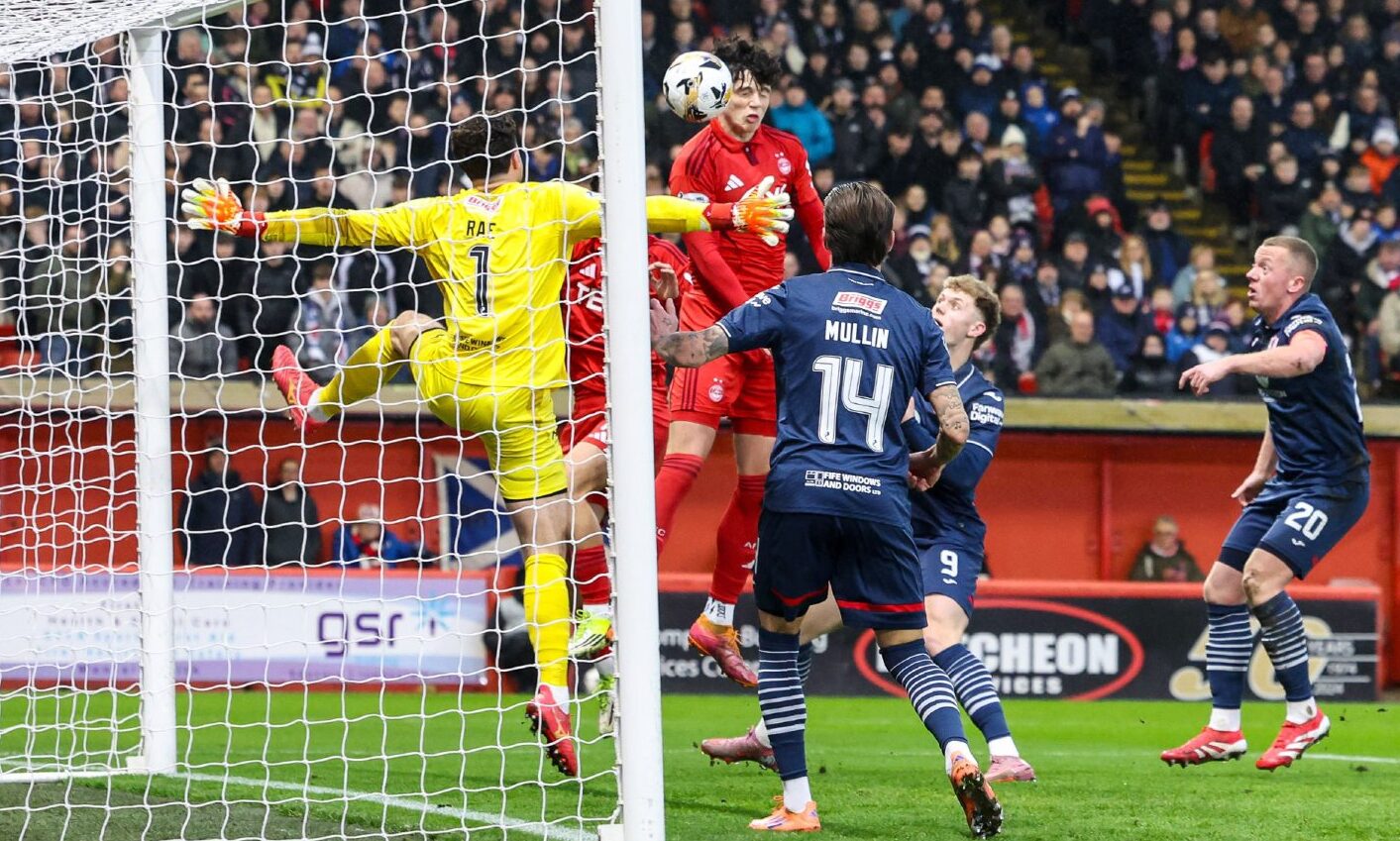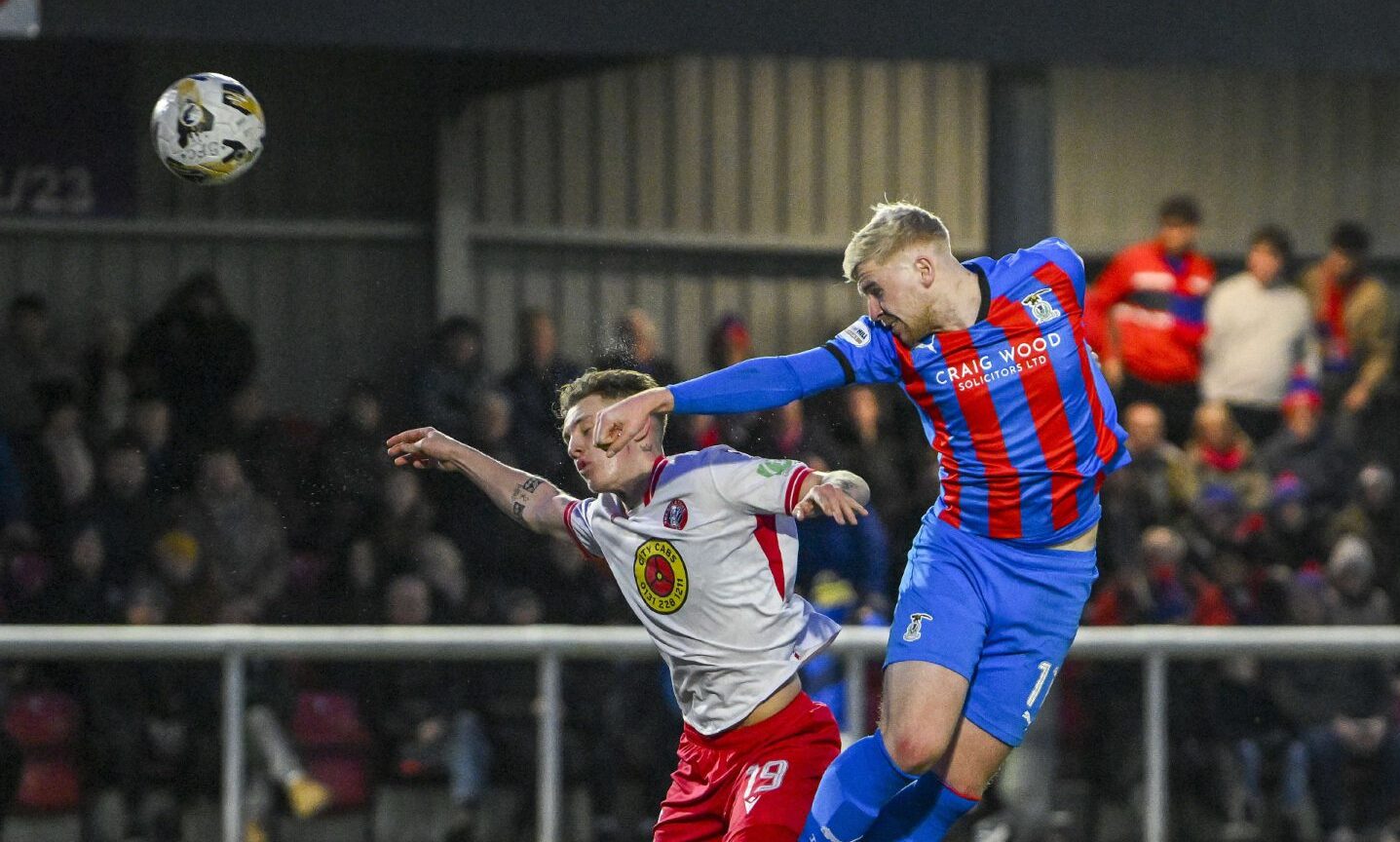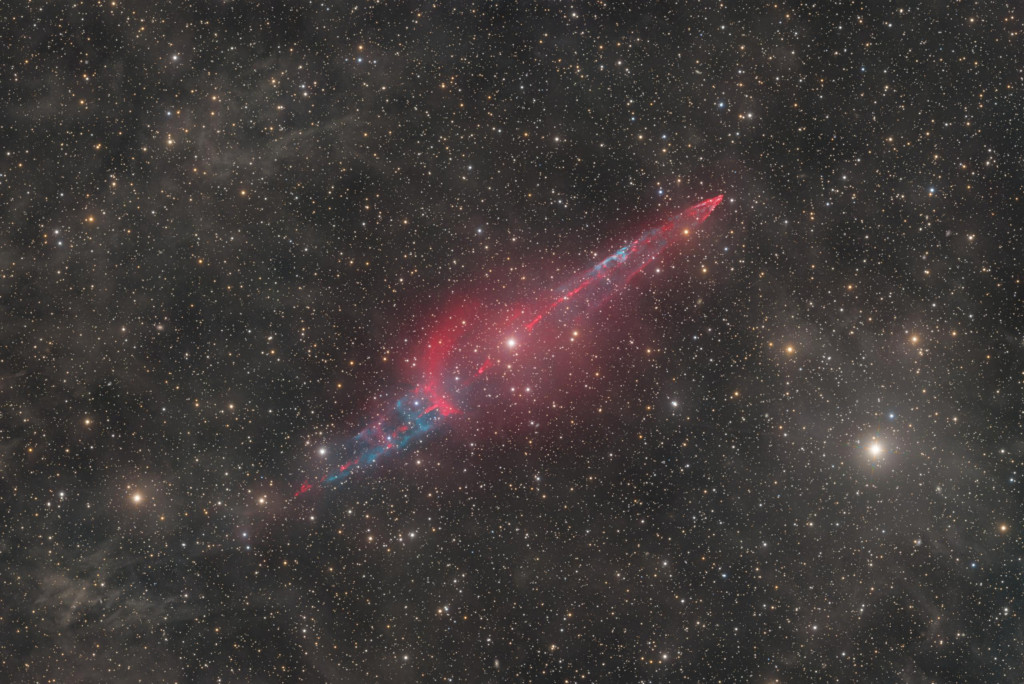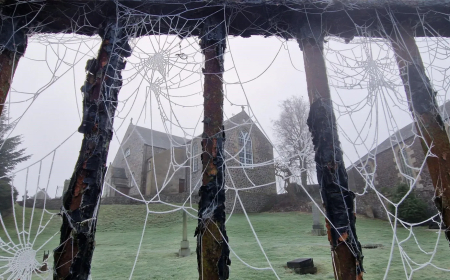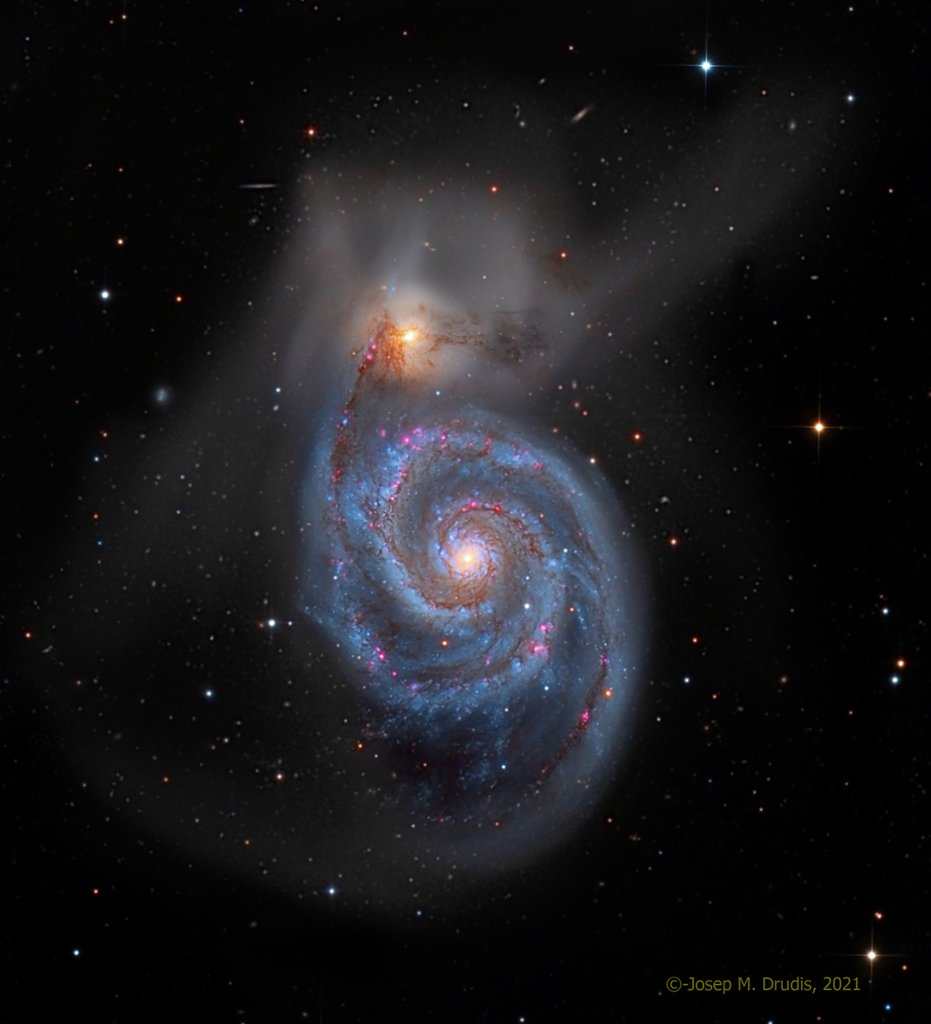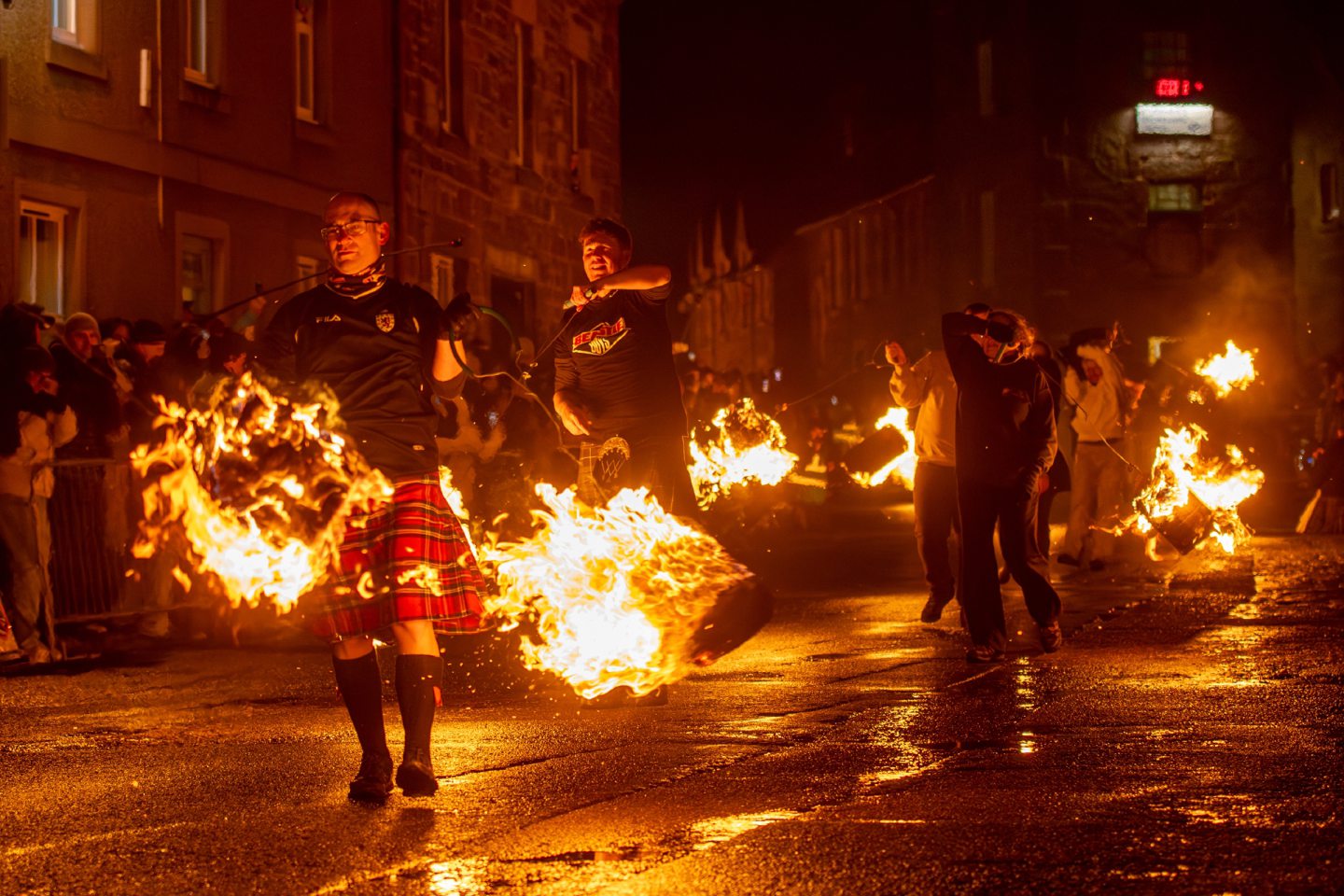Global markets fall and gold hits record high amid jitters over US banks
Signs of credit stress send markets in Europe and Asia down, while investors turn to safe haven assets
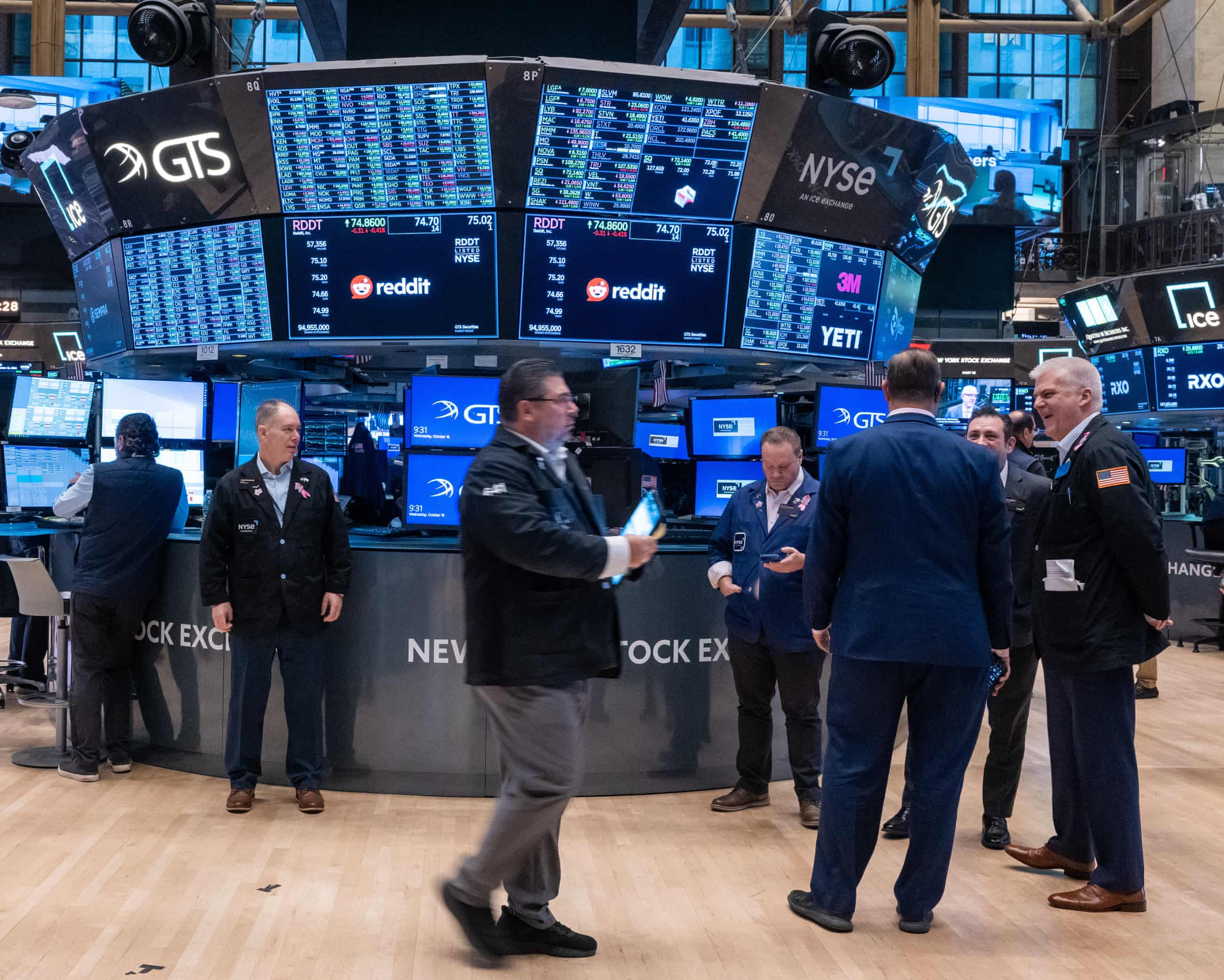
Global stock markets fell sharply and gold hit a record high after two US regional banks said they had been exposed to millions of dollars of bad loans and alleged fraud.
Signs of credit stress rattled markets across Europe and Asia. In London the FTSE 100 fell 1.5%, Germany’s Dax fell 2%, the Ibex in Spain was off 0.8% and France’s Cac 40 dropped 1.5%, before recovering some ground.
Concerns over credit stress in the network of loans to businesses across the world’s largest economy fuelled heavy losses on Wall Street on Thursday, followed by Asian markets, with Japan’s Nikkei 225 falling 1.6% and the Hang Seng in Hong Kong dropping 2%. US markets are expected to open down later on Friday.
Jittery investors turned to safe haven assets, with gold hitting a new record of $4,378 (£3,262) an ounce, a weekly gain of almost 8.5%, its biggest since the 2008 financial crisis.
US banking stocks plunged on Thursday after Zions Bancorporation, a Utah-based lender, said it would write off $50m on two loans, and the Phoenix-headquartered Western Alliance said it had started legal proceedings over a bad loan said to be worth $100m.
Shares in Zion plunged by more than 10%, while Western Alliance Bancorp dropped more than 9%.
“While this was an ostensibly isolated story at two banks each with less than a $10bn market cap, the event drew inevitable comparisons to the regional bank stress that followed the collapse of Silicon Valley Bank in 2023,” said Jim Reid, an analyst at Deutsche Bank. “[That] raised broader questions over potential credit quality issues after a lengthy period of elevated rates and expansion in private credit.”
The California-based SVB was the 16th biggest bank in the US, a $212bn lender popular with the tech sector. It abruptly collapsed, triggering the most significant financial crisis since 2008.
While SVB’s underlying issues stemmed from earlier investment decisions, the collapse occurred when it announced a $1.75bn capital raising as it told investors it needed to plug a hole caused by the sale of its loss-making bond portfolio.
This caused a run on the bank as clients became alarmed that it was short of capital – two days later SVB collapsed – marking the largest bank failure in the US since the global financial crisis.
Reid added that markets were especially wary of a domino effect, as the issues faced by the two banks followed the bankruptcy of the sub-prime automotive lender Tricolor last month.
The US regional banking industry has been under scrutiny after First Brands, an auto parts supplier, filed for chapter 11 bankruptcy in late September over creditor concerns.
In its bankruptcy filing, First Brands disclosed that it had at least $10bn to $50bn in liabilities against $1bn to $10bn in assets, the product of what appeared to be risky off-balance-sheet financing.
Richard Hunter, the head of markets at Interactive Investor, said: “There are increasing signs of storm clouds gathering over markets, with little relief from the building wall of worry.
“Already grappling with stretched stock valuations in the AI space, an unresolved government shutdown and a deteriorating relationship between Beijing and Washington, investors were exposed to a new source of concern in the form of lending practices and bad loans for US regional banks.”
Derren Nathan, the head of equity research at Hargreaves Lansdown, said: “Despite growing hopes of further rate cuts this year, attention is turning to the underlying health of the economy, as emerging credit losses among America’s regional banks raised further questions about lending practices.”
On the FTSE 100, nearly every stock fell in early trading. Banks were among the top fallers, with Barclays down 4.7%, Standard Chartered losing 4.3% and NatWest off 3.1%. The asset manager ICG lost 5%.
The VIX index, which tracks volatility in the markets, surged by more than 22% on Thursday to its highest closing level since April. The so-called “fear index” rose a further 6% on Friday morning.
Earlier this week, Jamie Dimon, the boss of the US investment bank JP Morgan, rather presciently said that more “cockroaches” could emerge after the collapse of Tricolor and First Brands.
[Source: The Guardian]













